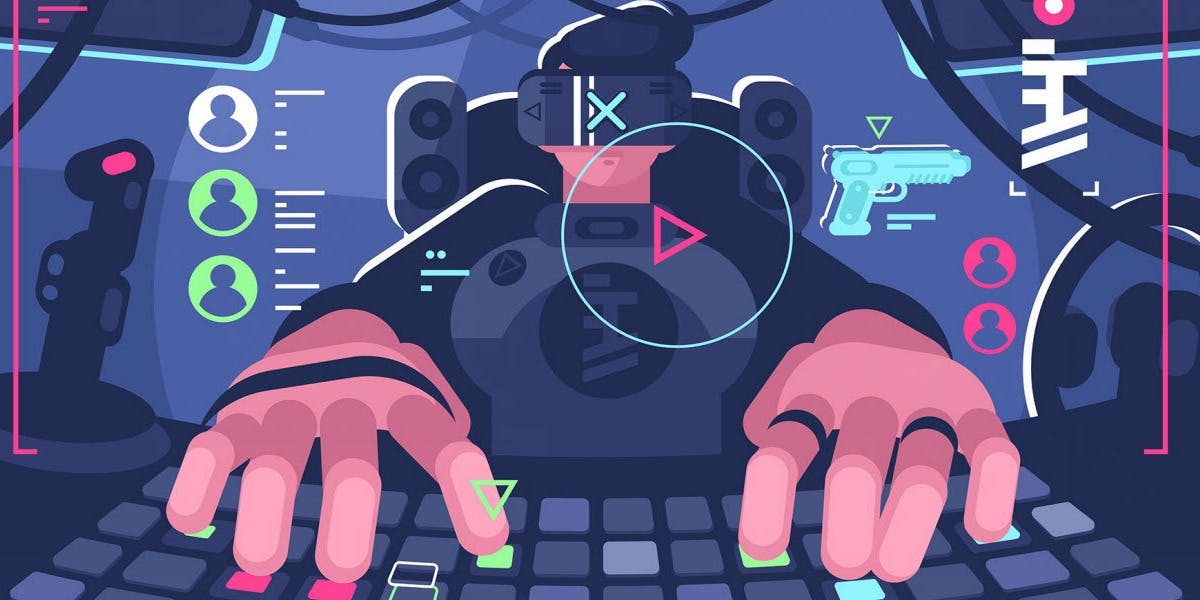3,235 reads
How online players can secure their privacy while gaming & streaming?
by
July 18th, 2019
Audio Presented by
Technology, Privacy, Games & Marketing. Publications TechCrunch, VentureBeat, The Next Web & more.
About Author
Technology, Privacy, Games & Marketing. Publications TechCrunch, VentureBeat, The Next Web & more.
